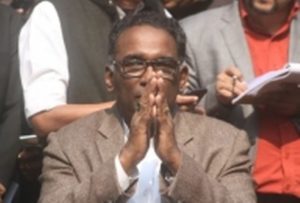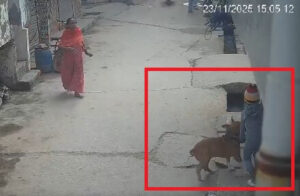BCI team meets Chelameswar, two other judges

Justice Chelameswar (File/IANS)
New Delhi, Jan 14 : A seven-member delegation of the Bar Council Of India (BCI) on Sunday met Justice J. Chelameswar, one of the four senior judges of the Supreme Court who went public with their differences with Chief Justice Dipak Misra, and two other justices.
The delegation met Justice Chelameswar at his residence and discussed the issue for around 45 minutes.
Early in the morning, the delegation met Justice R.K. Agrawal and thereafter Justice A.M. Khanwilkar, two days after the four judges went public with their differences with the Chief Justice.

Later, the delegation met Justice Arun Mishra.
The BCI had on Saturday decided to send a delegation to meet a majority of the Supreme Court Judges on Sunday so that the crisis can be resolved at the earliest.
“The council is of the unanimous view that it is an internal matter of the Supreme Court. The council has hope and trust that the judges of the Supreme Court will realise the seriousness of the issue and in future may avoid any such situation that politicians or political parties could take undue advantage of and or which could cause harm to our judiciary,” the BCI said in a statement on Saturday.
The council has requested political parties and politicians not to criticise the judiciary or make it an issue as it would weaken the independence of judiciary, which is the protector of democracy.
BCI President Manan Mishra has said it was “most unfortunate” that the four judges held a press conference, sending out a message that all was not well with the Supreme Court and that the issue should have been “sorted out internally”.
Manan Mishra has also dubbed it a “family dispute” that should be resolved within the judiciary. But he felt the judges should not have gone to the media with their complaints.
The four judges — Chelameswar, Ranjan Gogoi, Madan B. Lokur and Kurian Joseph — on Friday took on the Chief Justice over allocation of cases, saying the administration of the top court was “not in order”.
IANS





